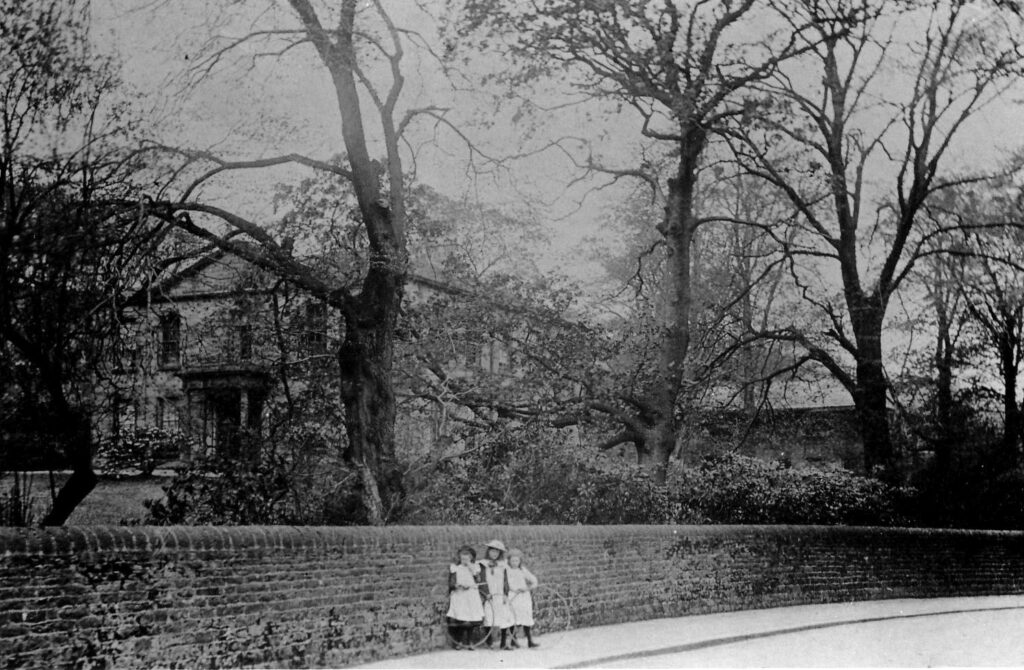In 1841, when Bacup’s first census was conducted, the town’s water supply was severely lacking. The absence of a reservoir meant that residents relied solely on scattered wells. The quality of water from these wells varied significantly, with some sources being described as resembling sewage.
One particularly notorious well was located in Down t Yard, where the current market stands today. This well’s water was said to be of such poor quality that it was practically unusable. In contrast, the gardens of what is now Trinity Baptist Chapel, which were once part of Bank House’s grounds, had a limited but reportedly higher-quality water supply.
One of these wells, Peggy’s Spout, located at the summit of Lane Head Lane, was particularly unreliable, often running dry during the summer months. This forced residents to embark on arduous treks to Broadclough to obtain water from Mr. Whitaker’s Cawl, where water still seeps through the wall today.
Another well, Esther’s Spout, situated on Yorkshire Street, was reputed to be the town’s finest. Its water was considered purer and more refreshing than that of other wells. However, even Esther’s Spout was susceptible to contamination, as it was located in a densely populated area with poor sanitation.
The lack of water posed significant health and sanitation risks, prompting the establishment of the Rossendale Water Works Company in 1853.
Led by prominent cotton manufacturers, the company constructed the Sheephouse Reservoir and a compensation reservoir on Newline. While the Sheephouse Reservoir provided water to many households, it proved inadequate for those living in higher elevations. To address this issue, the Bacup corporation obtained statutory powers in 1898 to build high- and low-level reservoirs at Cowpe.
The Cowpe reservoirs, completed in 1910, marked a significant milestone in Bacup’s water supply. They provided a reliable and abundant source of clean water, transforming the town’s sanitation and health conditions. The reservoirs also played a vital role in the development of Bacup’s industries, which relied heavily on a steady supply of water for their manufacturing processes.
